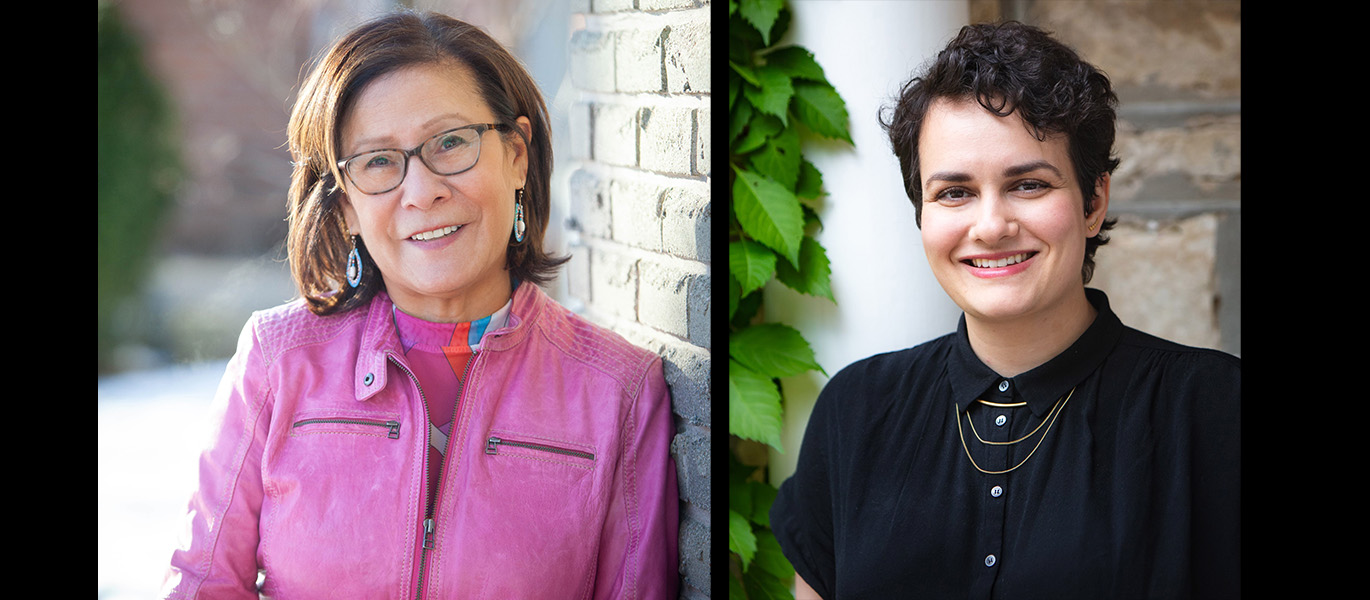Promoting the health of Indigenous communities and their lands and addressing the problem of antimicrobial resistance are the goals of two University of Guelph researchers who have received a total of $1.2 million in federal funding under the prestigious Canada Research Chairs (CRC) program.
Dr. Diana Lewis, Department of Geography, Environment and Geomatics, was awarded a new CRC in Indigenous Environmental Health Governance from the Canadian Institutes of Health Research.
Dr. Rebecca Shapiro, Department of Molecular and Cellular Biology, will receive a CRC in Microbial Functional Genomics and Synthetic Biology from the Natural Sciences and Engineering Research Council.
The funding is part of a $102-million federal investment recently announced by François-Philippe Champagne, Minister of Innovation, Science and Industry, for 119 new and renewed chairs at 35 research institutions across Canada.
Both awards are Tier 2 chairs for exceptional emerging researchers and are worth $120,000 annually for five years.
The CRC program attracts and retains outstanding researchers in various fields to help Canadian post-secondary institutions foster excellence in research and training.
“This funding supports and recognizes the University’s leadership in One Health approaches to studying and solving complex health concerns such as the impact of environmental contamination on Indigenous communities and antimicrobial resistance,” said Dr. Malcolm Campbell, vice-president (research).
“We are grateful for the richly deserved recognition the prestigious Canada Research Chairs program has given two of the University of Guelph’s many exceptional researchers.”
Lloyd Longfield, MP for Guelph, added, “I am very pleased to be part of the ongoing investments at the University of Guelph, building on our local capacity to contribute to our understanding of Indigenous issues and emerging health challenges. This is good for Guelph, for Canada and the world as we enable discovery that leads to collaborative problem solving.”
Diana Lewis
Lewis, a member of the Sipekne’katik Mi’kmaq First Nation in Nova Scotia, collaborates with Indigenous communities across Canada whose health and local surroundings have been affected by resource extraction and industrial development.
Together, Lewis and her community collaborators develop Indigenous value-based environmental health frameworks that intricately tie human health to the health of the land, water, animals and plants — bringing a transformative opportunity to advance One Health research within Indigenous worldviews.
Rebecca Shapiro
Shapiro, an emerging leader in functional genomics, studies antimicrobial resistance by looking at current and emerging fungal pathogens.
With her research group, she develops and refines cutting-edge gene editing technologies to better understand how these pathogens evade antibiotics and to reduce their growing threat to global human health.
